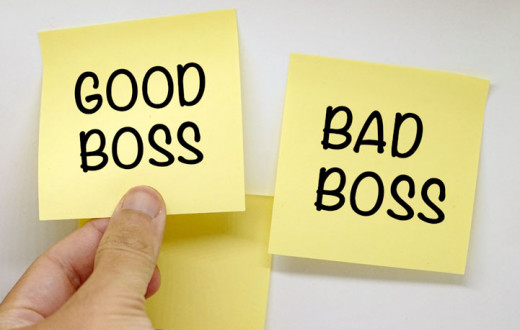By Robert Tallon | Posted: May 26, 2018
Our behavior changes drastically when we are under stress. It can cause us to ignore, shame, or abuse people we love. Stress changes our behavior and seems to change our personality, and this is why people often confuse different personality types. For example, how can Jack who is usually happy-go-lucky and positive, become stern, demanding, and critical? The answer is stress. How can Marie, who is normally caring and helpful, become pushy, uncaring, and manipulative? Stress again.
Stress makes us insecure and defensive or worse. Look at the list of behaviors below. You may recognize many characteristics caused by stress.
Aggression Playing “poor me”
Loss of humor Sarcasm
Taking offense Blaming
Wanting to be right Eccentricity
Wanting the last word Being too nice
Flooding with information “It’s just the way I am.”
Holding a grudge Trivializing with humor
“I know that.” “Don’t lecture me.”
Jealousy Inappropriate laughter
Stress Negatively Affects Both our IQ and EQ.
Success and happiness depend on our ability to use emotions to enhance our own emotional wellbeing as well as our positive relationships with others; however, stress is one of the biggest impediments to our expression of emotional intelligence. In The Stress Effect, Henry Thompson writes, “When stress increases, cognitive and emotional intelligence is compromised. Perception changes and in many cases becomes less accurate and more biased. This sets the stage for less effective appraisal, which changes motivation, and motivation changes action.”
Normal Behavior
We don’t always behave at our best; we are affected by our normal habits, though not necessarily in negative ways. Our habitual behaviors often serve us. Many of us behave adequately most of the time and our behavior is basically useful—but not necessarily optimal.
Behavior Under Stress
Behavior under stress is often counterproductive. As already noted, stress causes us to become mistrusting and defensive, and to unconsciously rely on ineffective and inappropriate strategies. When these strategies don’t work, stress builds. Rather than trying alternative ways to accomplish what we want, stress causes us to depend more and more on old habits, making us less effective and less connected.
- Fear brings out the worst in us and forces us to see the world in narrow, limited ways. We tend to fall into old, defensive, risk-averse patterns. We “tighten up” and “hunker down” and clarity, creativity, and joy go out the window.
- Trust, on the other hand, allows us to relax, breathe freely, and be open to new possibilities. Trust allows us to build bonds with people, to delight at what life has to offer, and to love freely.
Aware Behavior
When we are at our best—unstressed, relaxed, focused, secure, and aware—we are less affected by our habitual, negative behavior. We are more flexible, responding naturally and appropriately to life’s challenges. When we are aware, we behave with emotional intelligence and psychological maturity. Aware people are balanced. From an emotional Intelligence perspective an aware person will use empathy when interacting with people, but will not lose sight of other EQ competencies such as confidence, assertiveness, and conflict management when making decisions.
When you learn to leave stress behind, you learn to function at your highest level and become the best version of you. Luckily, there are tons of resources available to help you free your mind. Learn to manage your stress through meditation, mindfulness, exercise, therapy, and setting boundaries, and watch how your life grows!
Robert Tallon is a life coach, spiritual mentor, author and workshop leader. Find similar blogs on his website bobtallon.com.






































